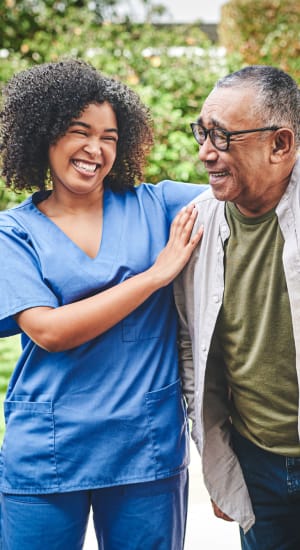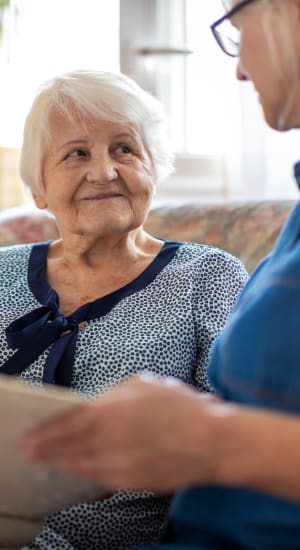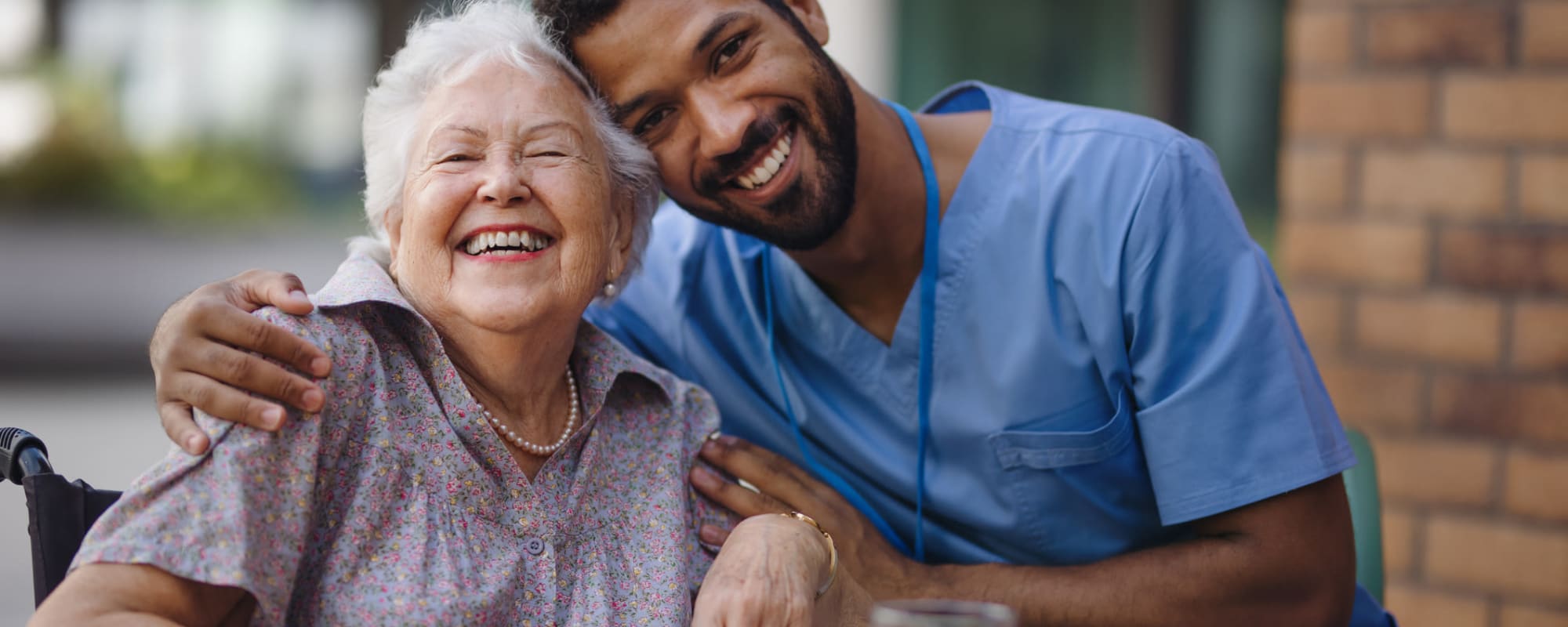
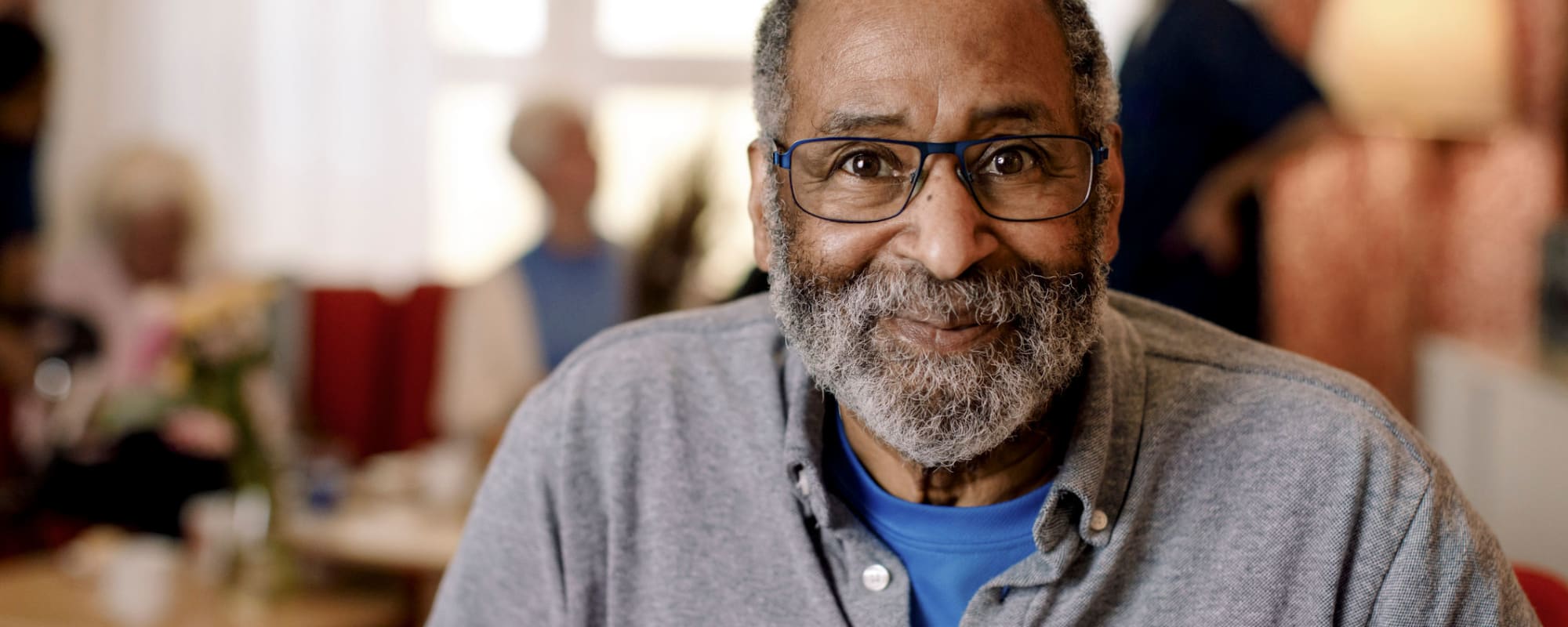
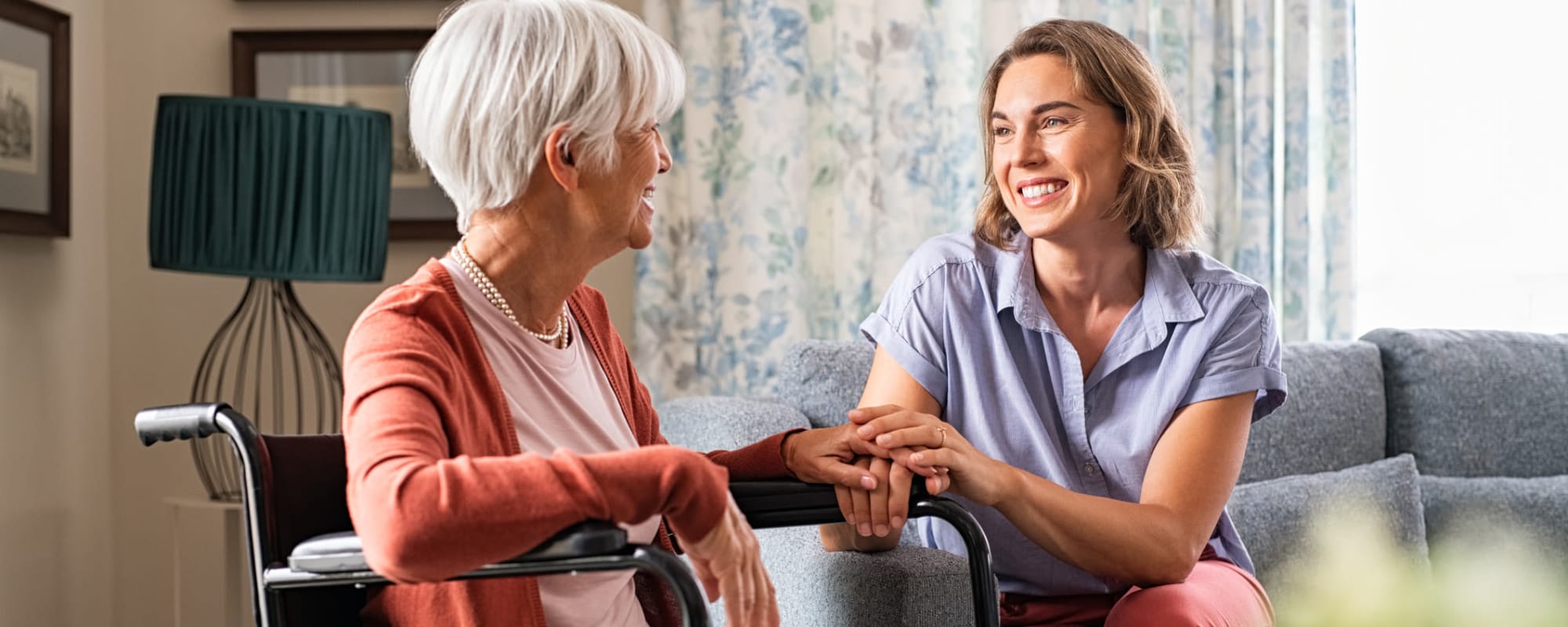
Where Resort-Style Living & Quality Care Intersect
This Is Ponté Palmero
Experience Northern California’s most unique resort-style senior living community nestled in the scenic foothills of El Dorado County. Located in Cameron Park, Ponté Palmero offers a continuum of care, including Independent Living, Assisted Living, and Memory Care. Our 23-acre campus includes beautifully landscaped grounds, cottage homes, apartments, and easily accessible recreation and community rooms. From the front desk personnel to our dining team and caregivers, we provide a welcoming environment for all who call Ponté home.
We welcome you to come meet our team, tour our one-of-a-kind campus setting, and learn more about how Ponté can deliver the retirement lifestyle you or a loved one deserves.

Appreciate the Details
Five-Star Services & Amenities
From the well-appointed details in the apartments and community areas to a comprehensive slate of activities, outings, and events, we cater to our residents in every way. Ponté Palmero not only provides high-quality care in a home-like setting, we make every effort to anticipate your needs and desires so you can live life to its fullest. Residents have the freedom and support to spend their time as they wish, whether it’s enjoying a dip or exercise classes in the pool, participating in a hobby or social event, or just admiring the views of the immaculately landscape grounds.
Revel in The Extras
Stellar Services & Amenities
From the beautifully appointed apartments and community spaces to the full slate of activities and events, we pamper our residents in every way. Ponté Palmero isn’t just a place to receive high-quality care, it’s a place to live life to the fullest. Residents have the freedom and support to spend the days doing what they love, whether it’s taking a dip in the resort-style pool, participating in a hobby or social event, or just admiring the views from our beautifully landscaped grounds.
Take a Peek
Life at Ponté Palmero
It’s one thing to see it, it’s another thing to experience it. Take a look around our Cameron Park community, then contact us for a personal tour and experience, firsthand, the ambience, service, and amenities we offer.
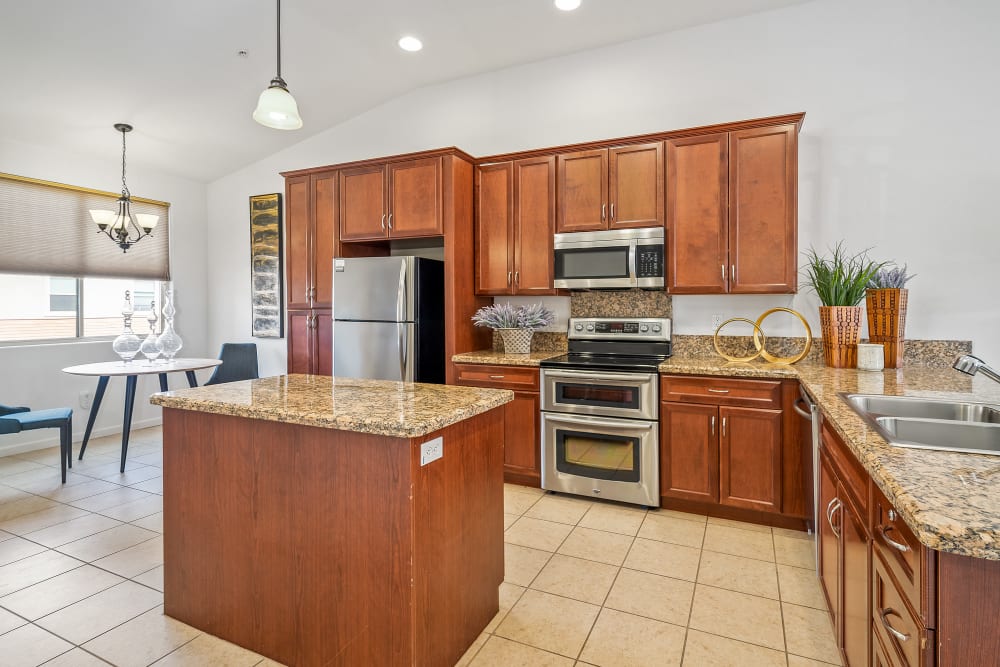
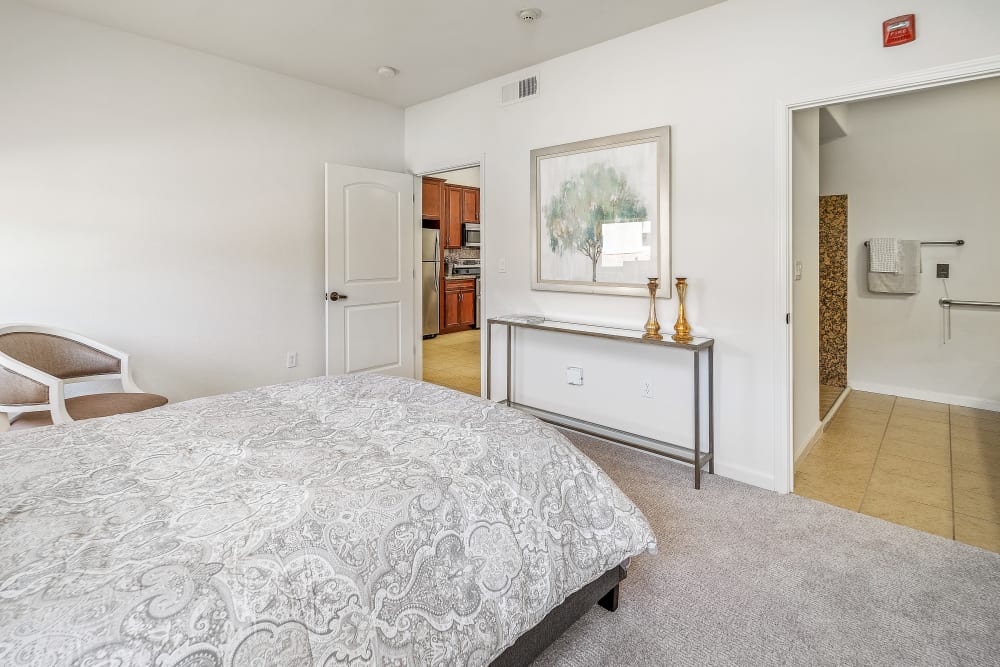
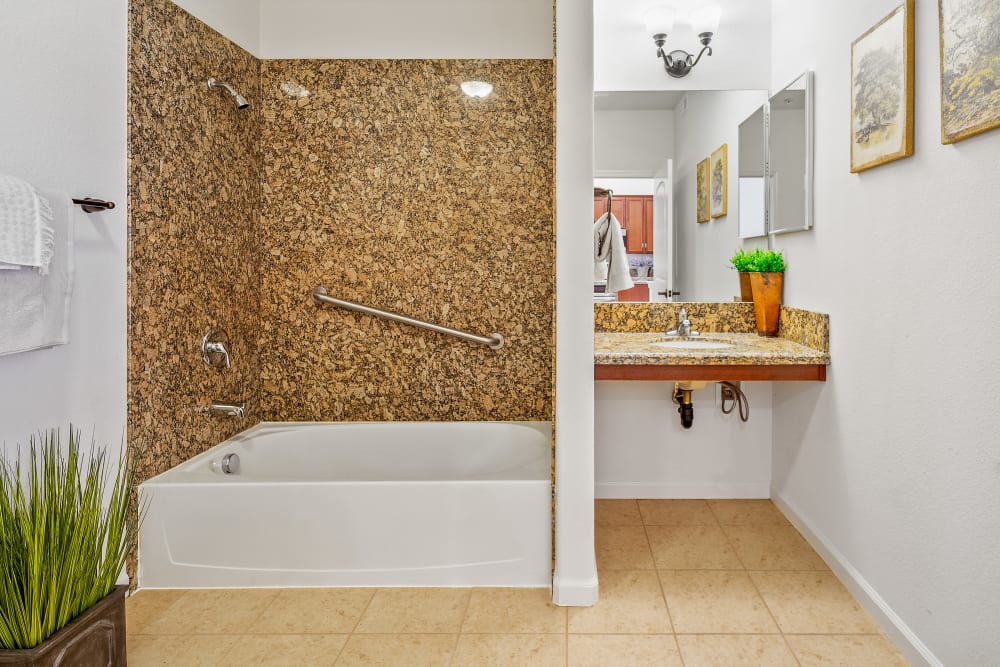
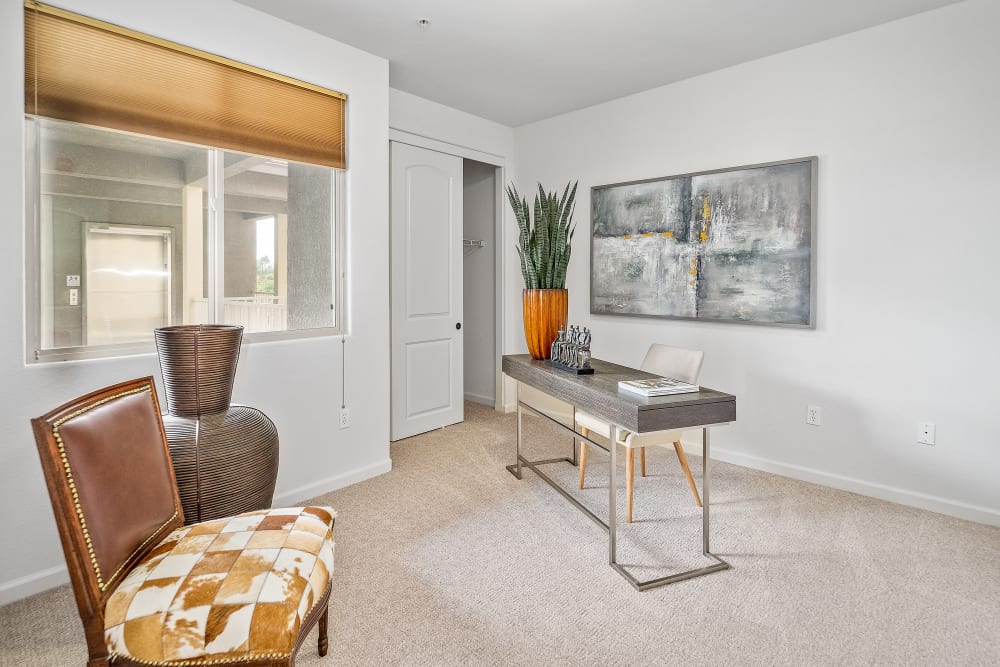
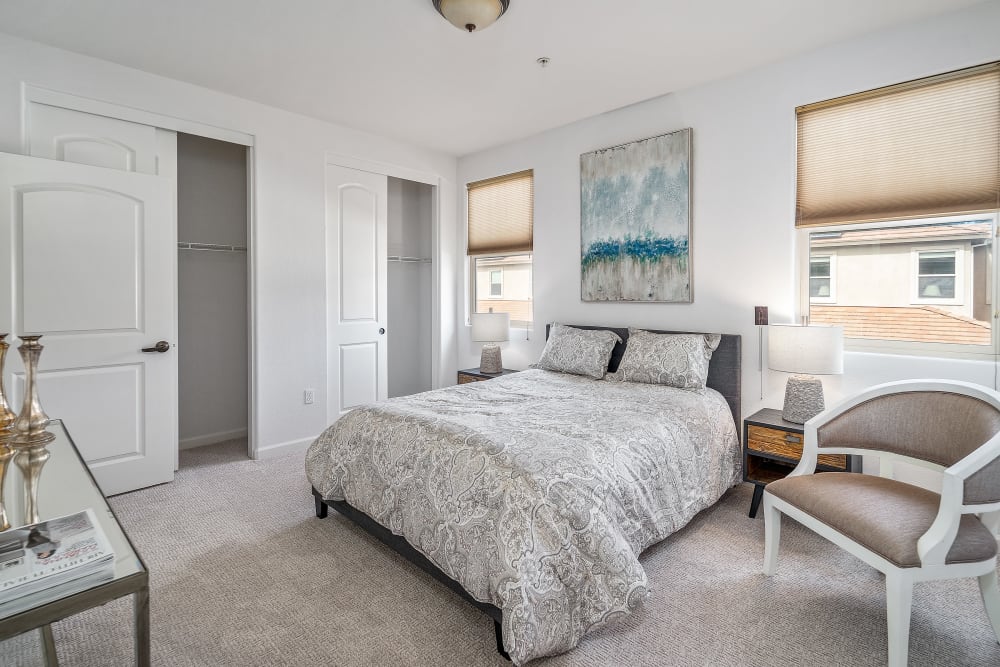





Ideally Located
In El Dorado County
Ponté Palmero sits on 23 acres tucked into the rolling foothills of Cameron Park, California, located near the communities of Placerville, Folsom, and El Dorado Hills. We're conveniently located near shopping, restaurants, and medical facilities, with golf, hiking, and fishing nearby.
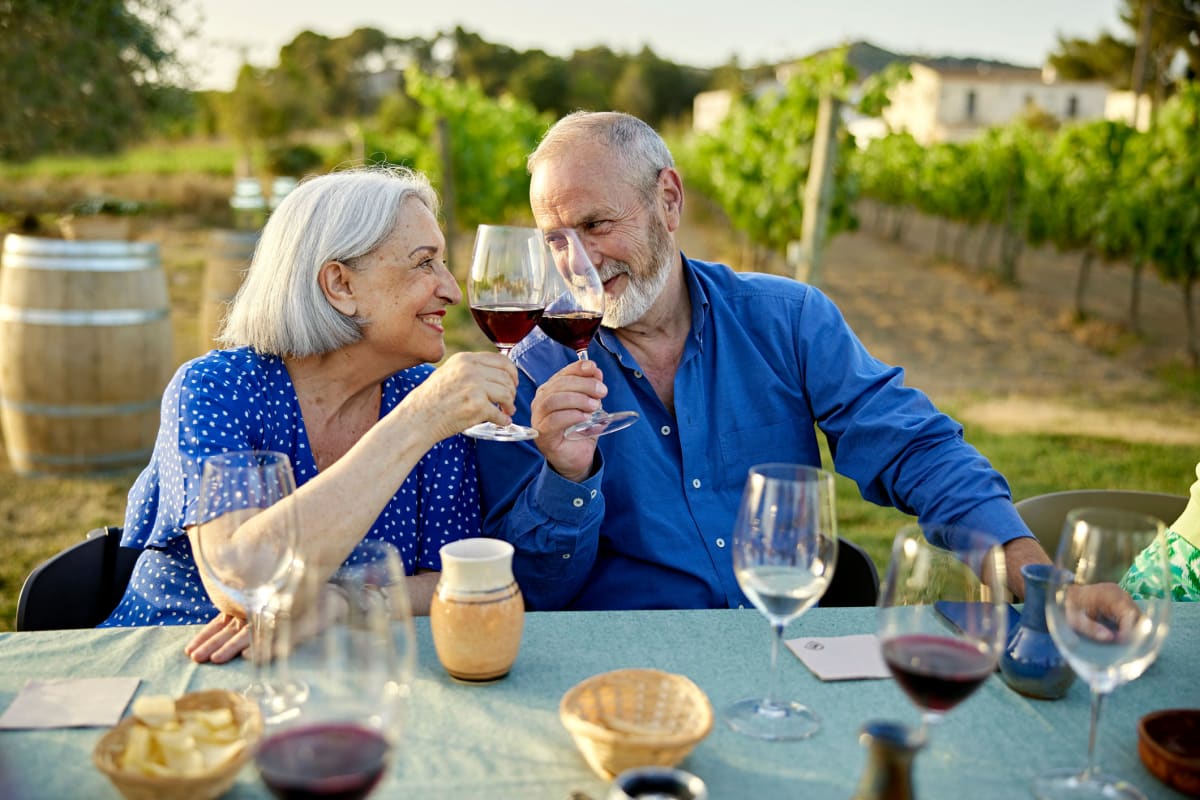
Wineries
Sip & Enjoy the Surrounding Views

Red Hawk Resort Casino
Enjoy a Day of Fun & Entertainment
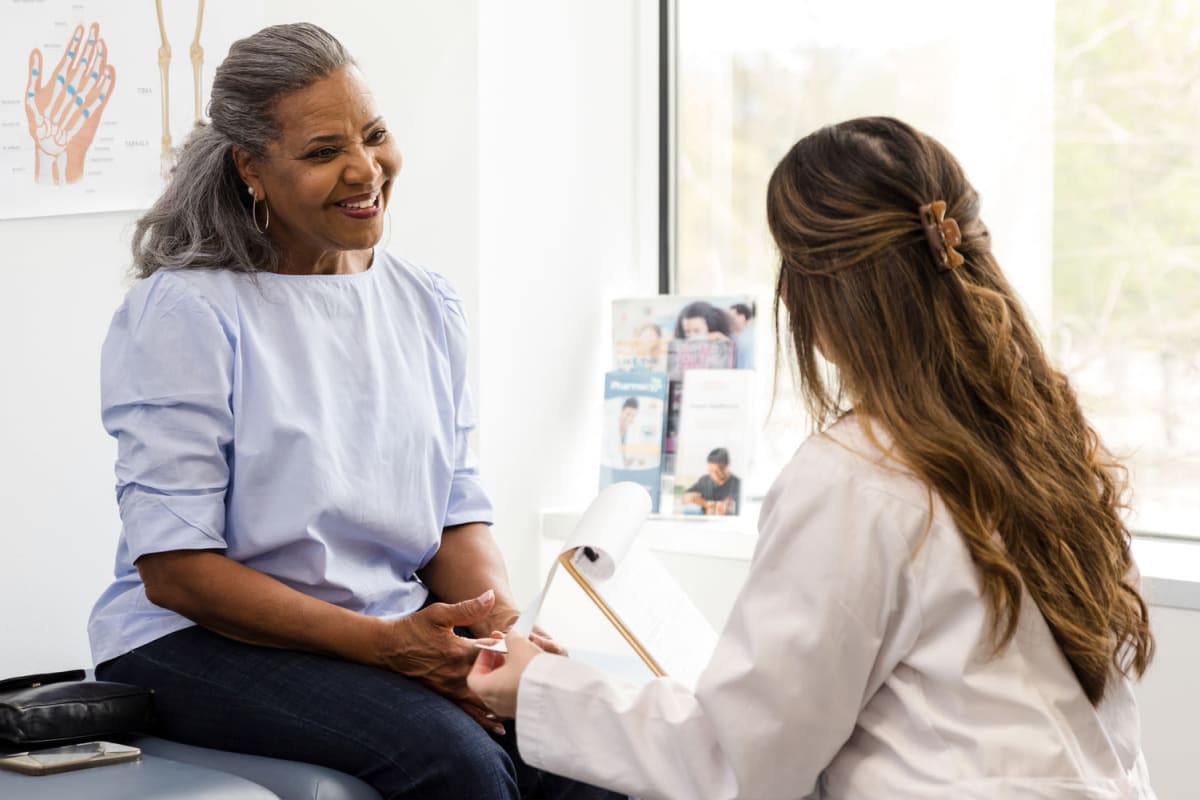
Marshall Medical Center
Full-Service Medical Care Close By

Fork Lift Market
Gourmet Bakery & Groceries
A Caring & Compassionate Approach
For You
At Ponté Palmero, we take great pleasure in getting to know our residents, many of whom have called Ponté home for more than a decade. We attribute this longevity partially to the uniqueness of our programs. We offer more than the basic transportation, housekeeping, dining, activities, and care services. We get to know our residents and we design our programs around their needs. We learn their preferences, interests, and stories because we genuinely care. The goal is to support our residents so they can live as independently as possible – however that looks for them.
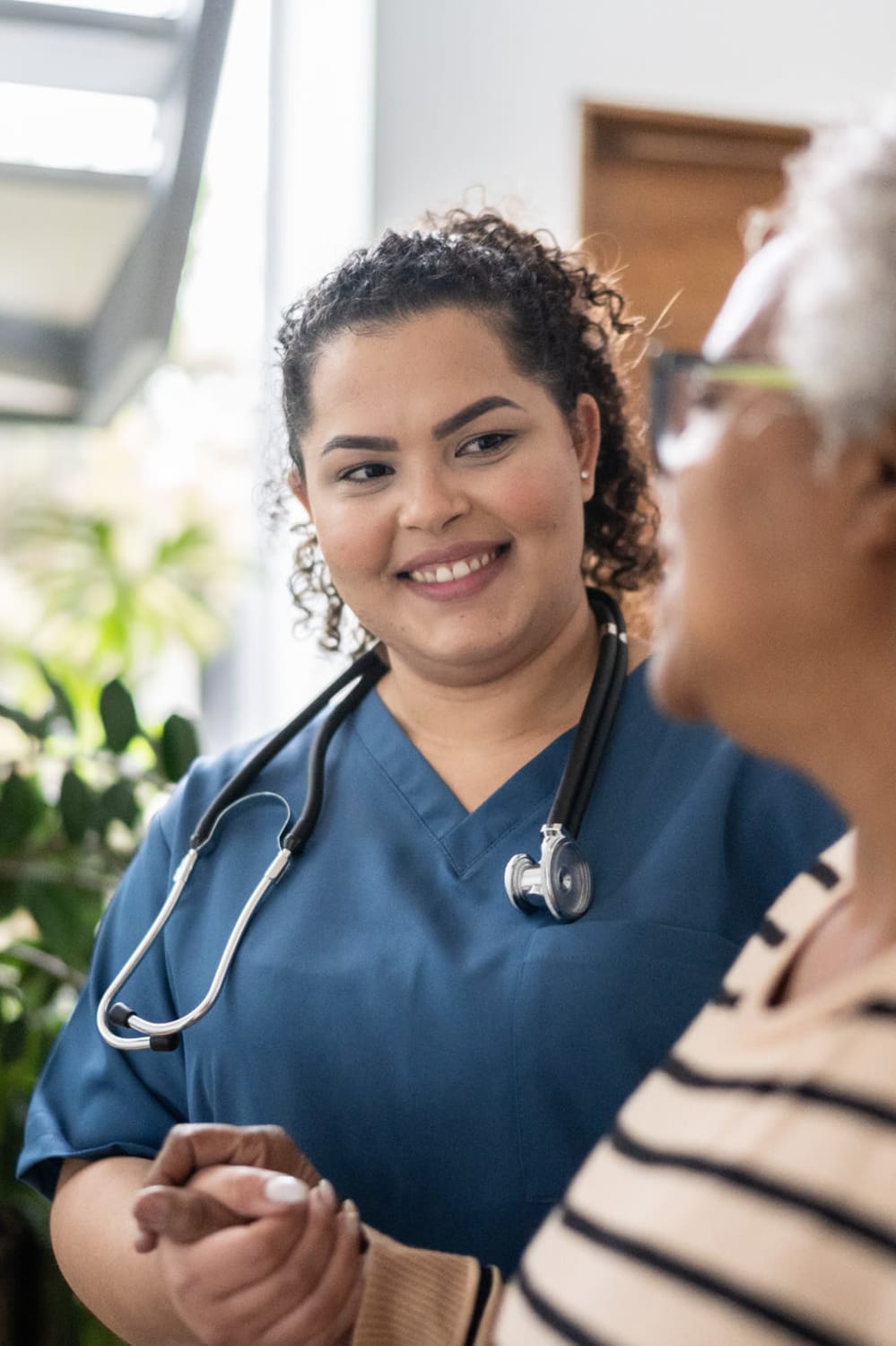
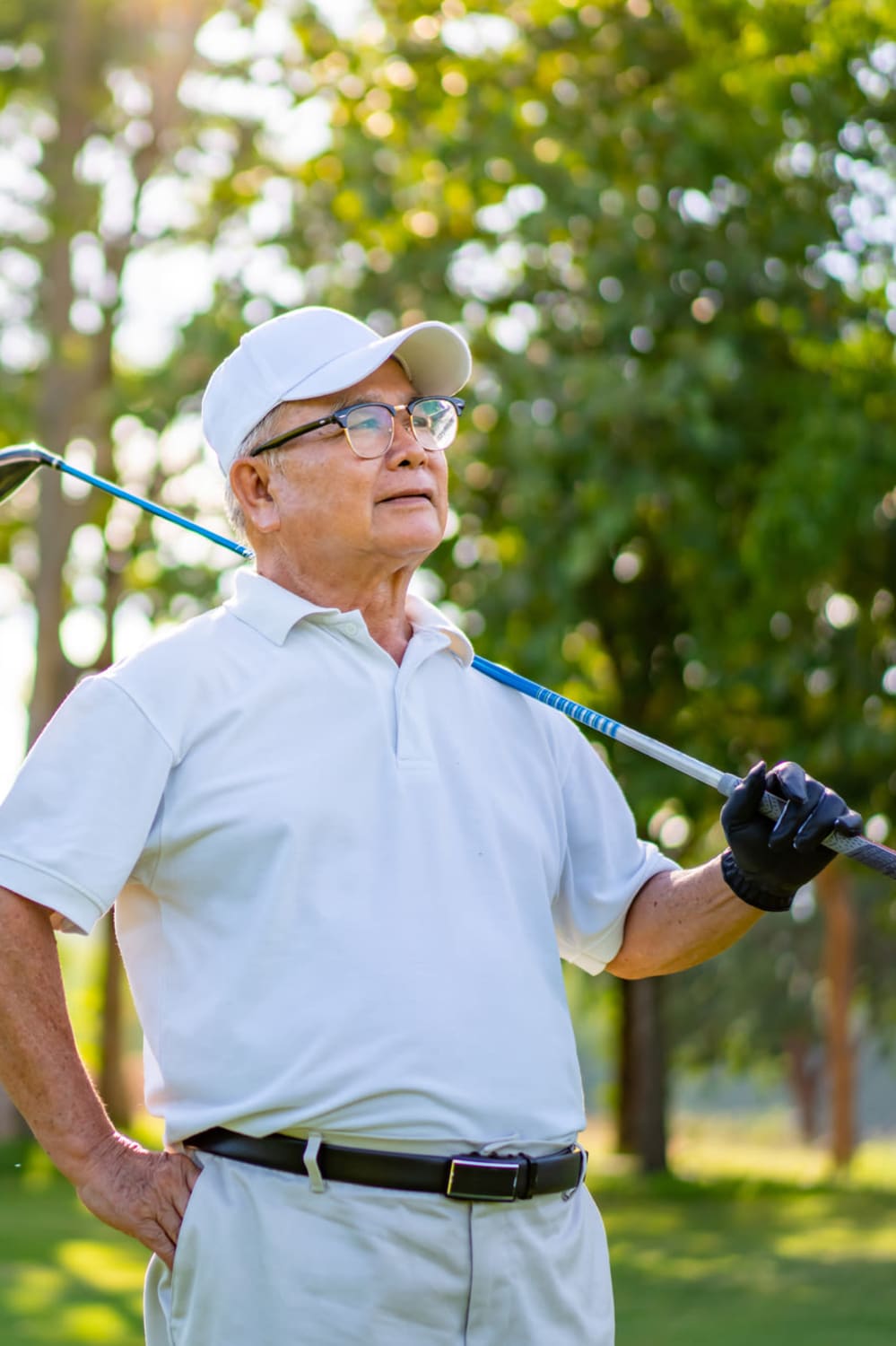
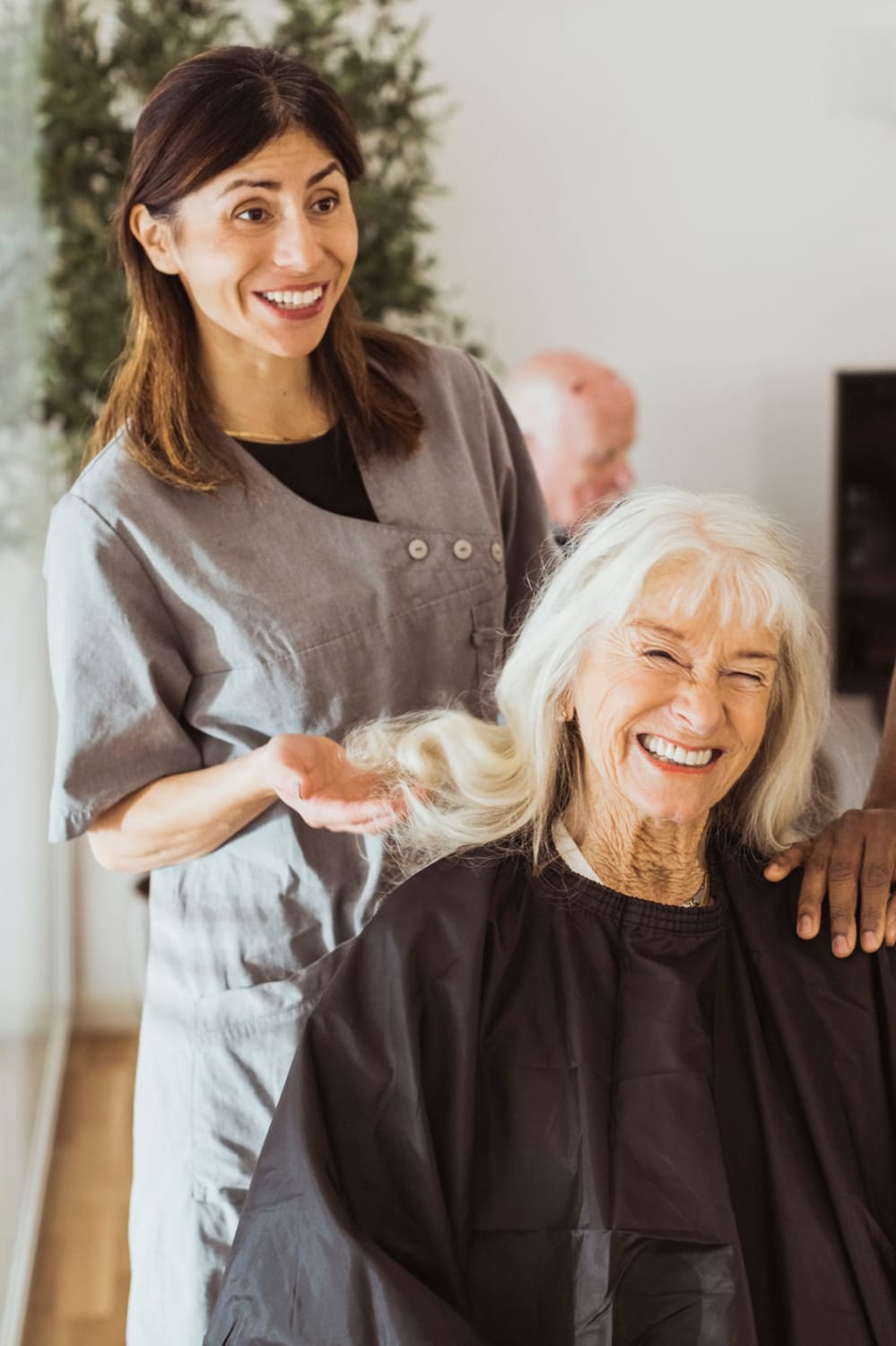
Carefree & Cared For
For You
At Ponté Palmero, we take great pleasure in getting to know our residents, many of whom have called Ponté home for more than a decade. We attribute this longevity partially to the uniqueness of our programs. We offer more than the basic transportation, housekeeping, dining, activities, and care services. We get to know our residents and we design our programs around their needs. We learn their preferences, interests, and stories because we genuinely care. The goal is to support our residents so they can live as independently as possible – however that looks for them.



Our Testimonials
Read What Others Are Saying
"After looking at several options, the assisted living situation at Ponté was the winner. The level of assistance is customizable, the meals are terrific and it affords my parents some freedom while having help a button away."
- Erik Schmid
"We feel entirely safe and so well taken care of. Everyone, including relatives, are well screened when they come to our gate! This, in itself, gives us great comfort and peace-of-mind."
- Bob Webb, Resident
"I wonder how many people can say this in today’s environment: 'I am so grateful that I live in a community that works 24/7 to protect me.' The Team at Ponté are diligently and graciously supported by an ambitious and thoughtful Executive Director."
- Vergie Drury, Resident
"Ponté Palmero and staff did an excellent job handling the very difficult Covid19 pandemic at the facility. My Dad, Bob 87 years old, lived at Ponté for about 6 years and enjoyed his time at Ponté."
- Bruce Cline
Connect With Us on
Social Media
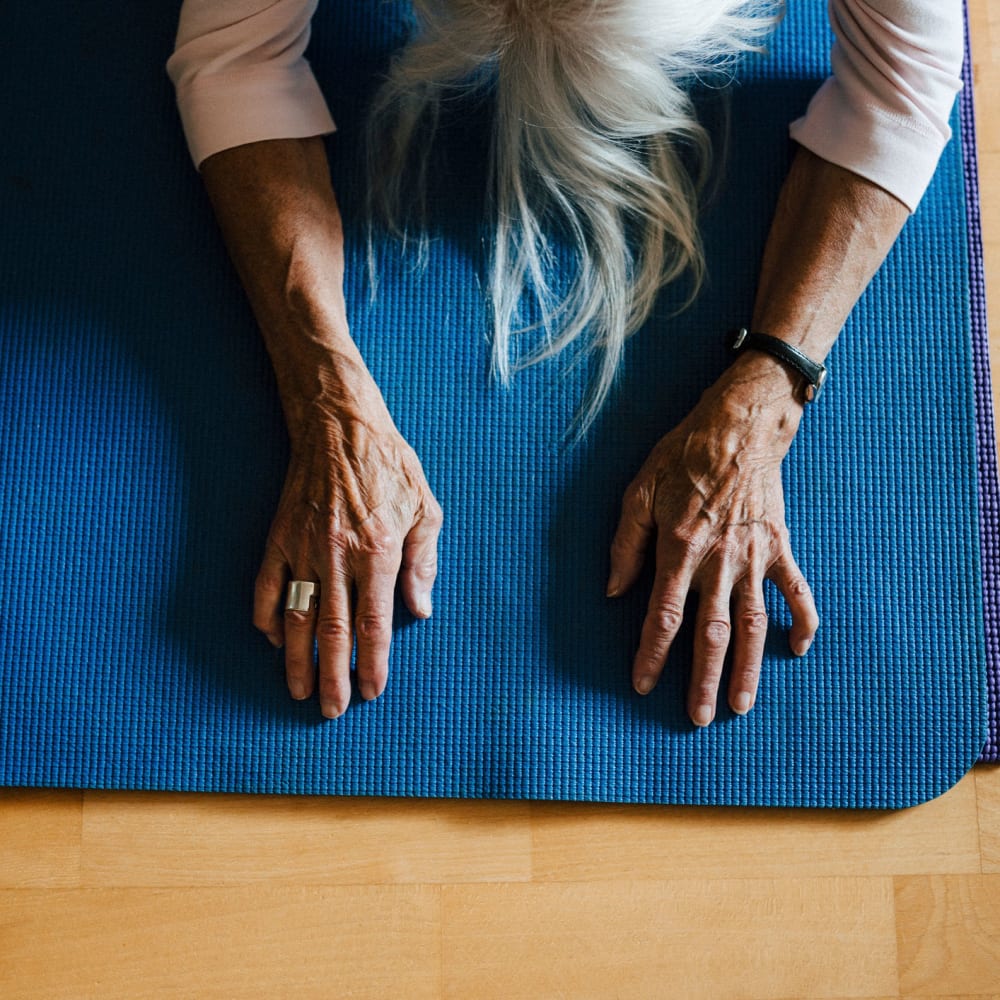
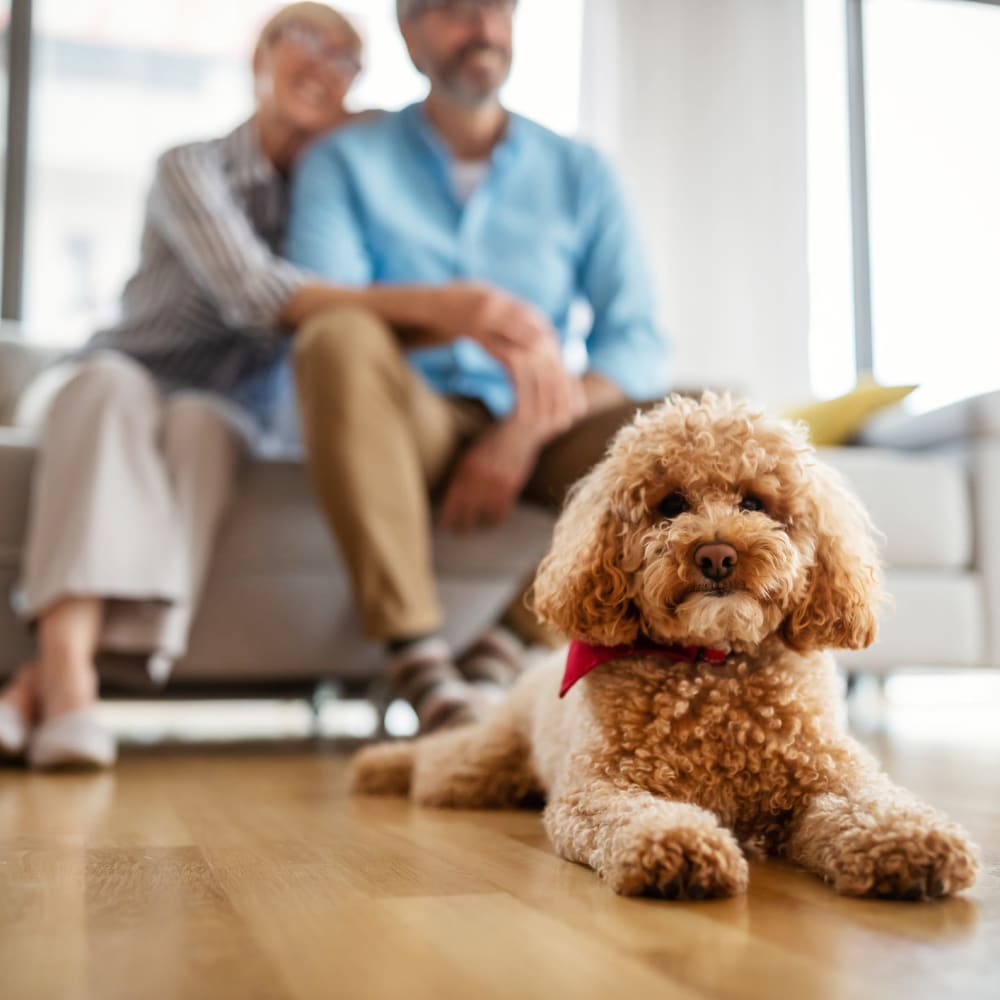
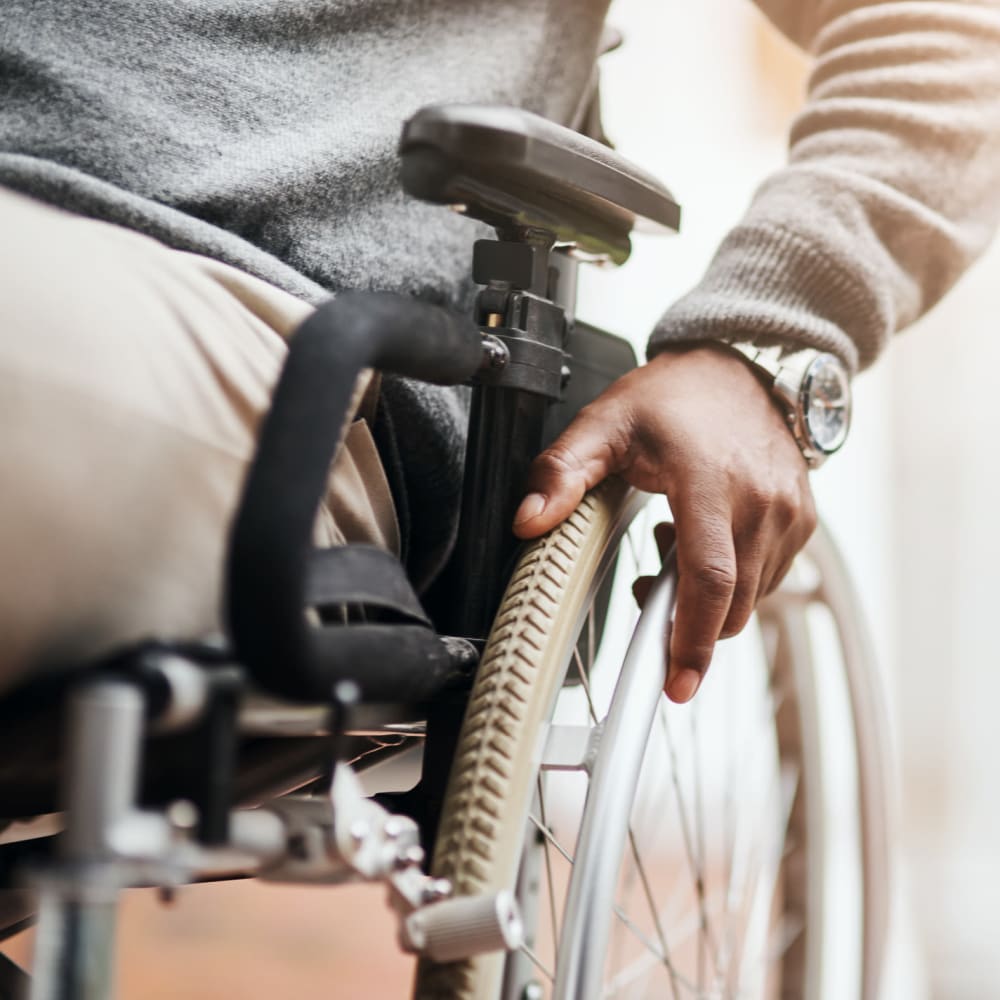
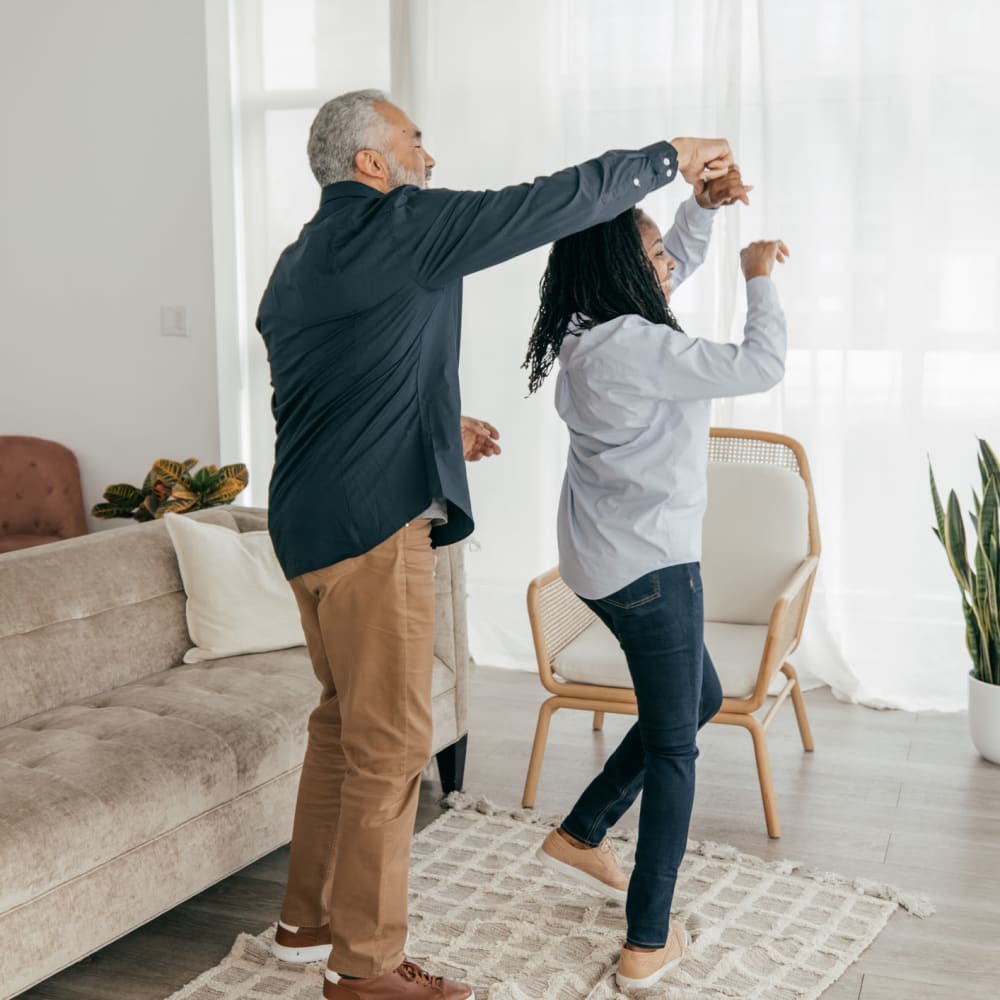




Get In Touch
Loading...
Extraordinary Care
Refined Living

